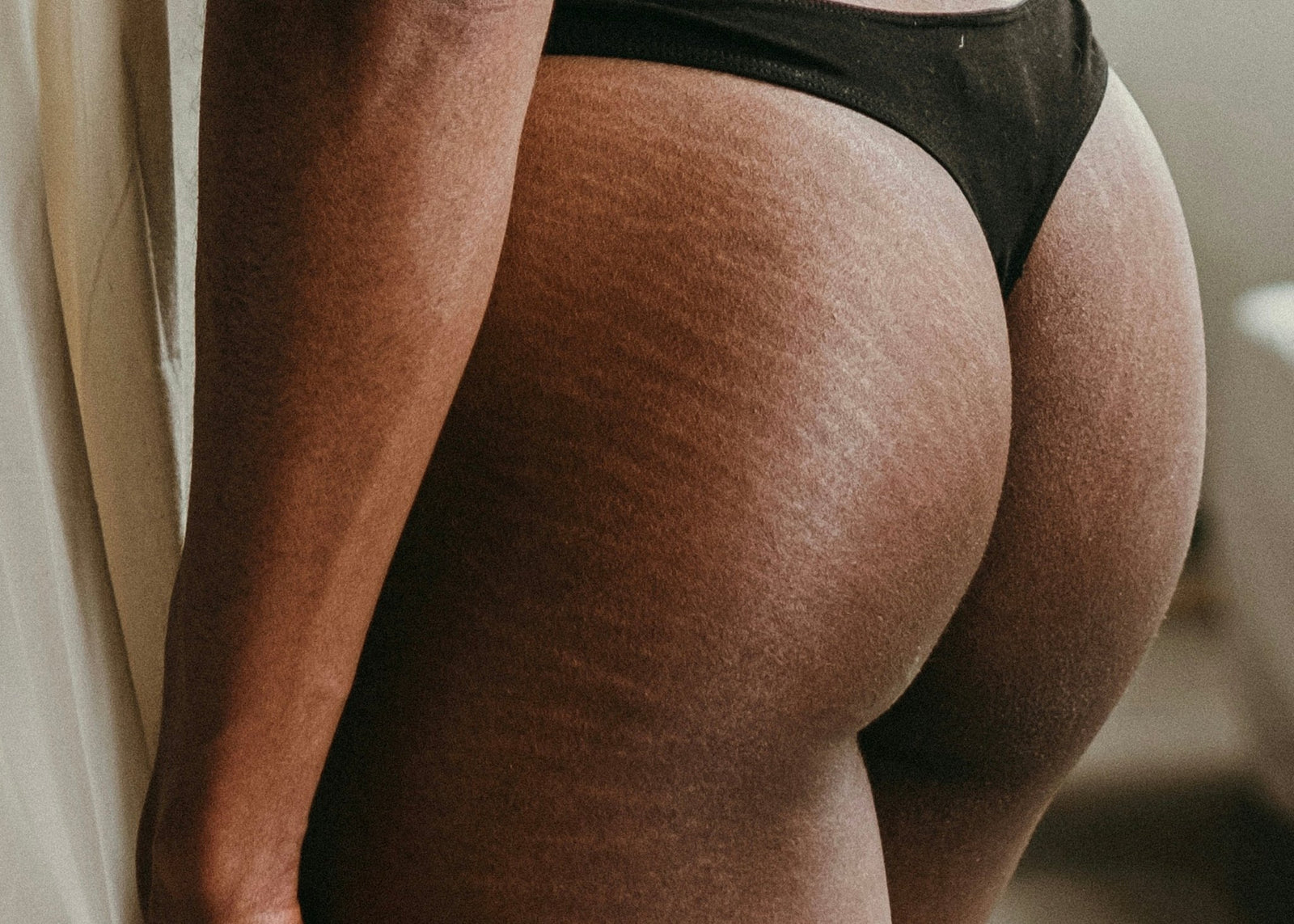
How to Decide if AHA/BHA Is Good for Acne
Navigating the world of skincare can be a daunting task, especially when you're dealing with acne. Alpha Hydroxy Acids (AHAs) and Beta Hydroxy Acids (BHAs) are two types of chemical exfoliants that have gained popularity for their effectiveness in treating acne. But how do you know if they're the right choice for your skin? This comprehensive guide will help you make an informed decision.
Understanding AHA and BHA
Before we delve into the specifics of how AHAs and BHAs work, it's important to understand what they are. AHAs and BHAs are types of acids used in skincare products to exfoliate the skin. They work by breaking down the bonds that hold dead skin cells together, allowing them to be easily removed.
AHAs are water-soluble and work on the skin's surface. They're best for dry skin types as they help to moisturize as well as exfoliate. BHAs, on the other hand, are oil-soluble. This means they can penetrate deeper into the pores, making them ideal for oily and acne-prone skin.
The Benefits of AHA
AHAs are derived from natural sources such as sugar cane, milk, and fruit, making them a sustainable skincare choice. They offer several benefits:
- They help to remove dead skin cells, revealing brighter, smoother skin.
- They stimulate the production of collagen, which can reduce the appearance of fine lines and wrinkles.
- They improve the skin's ability to retain moisture, leading to softer, more hydrated skin.
The Benefits of BHA
BHAs are also derived from natural sources, primarily willow bark. Here are some of the benefits they offer:
- They penetrate deep into the pores to remove excess oil and dead skin cells, reducing the occurrence of acne.
- They have anti-inflammatory and antibacterial properties, which can help to calm irritated skin and prevent breakouts.
- They can improve the skin's texture and tone, leading to a more even complexion.
Deciding if AHA/BHA is Right for Your Acne
While AHAs and BHAs can be effective in treating acne, they're not suitable for everyone. Here are some factors to consider when deciding if they're right for you:
Your Skin Type
As mentioned earlier, AHAs are best for dry skin types, while BHAs are more suited to oily and acne-prone skin. However, this doesn't mean that if you have oily skin, you can't use AHAs, or vice versa. It's all about finding the right balance for your skin.
For instance, if you have oily skin but find BHAs too drying, you might benefit from using an AHA product instead. On the other hand, if you have dry skin but are dealing with stubborn acne, a BHA product could be beneficial.
Your Skin's Sensitivity
Both AHAs and BHAs can cause irritation, especially when first introduced into your skincare routine. If you have sensitive skin, you might want to start with a lower concentration product and gradually increase as your skin builds tolerance.
It's also important to note that AHAs can make your skin more sensitive to the sun, so it's crucial to use a good sunscreen when using AHA products.
Other Skincare Products You're Using
Some skincare products can interact with AHAs and BHAs, increasing the risk of irritation. For instance, using retinol alongside AHA/BHA can be too harsh for some people. If you're using other active ingredients in your skincare routine, it's best to consult with a dermatologist before introducing AHA/BHA.
How to Introduce AHA/BHA into Your Skincare Routine
If you've decided that AHA/BHA is right for your acne, here are some steps to introduce them into your skincare routine:
- Start Slow: Begin by using the product once or twice a week, and gradually increase the frequency as your skin adjusts.
- Monitor Your Skin: Pay attention to how your skin reacts. If you notice any excessive dryness, redness, or irritation, reduce the frequency of use or switch to a lower concentration product.
- Use Sunscreen: AHAs can increase your skin's sensitivity to the sun, so it's crucial to apply sunscreen every day.
Conclusion
Deciding if AHA/BHA is right for your acne involves understanding your skin type, its sensitivity, and the other skincare products you're using. While they can be effective in treating acne, it's important to introduce them slowly into your routine and monitor your skin's reaction. Remember, skincare is a personal journey, and what works for one person might not work for another. Always listen to your skin and adjust your routine accordingly.














